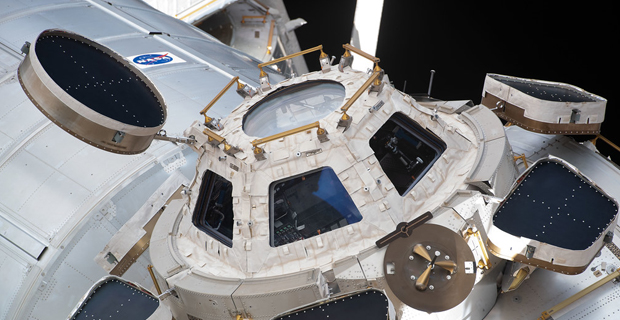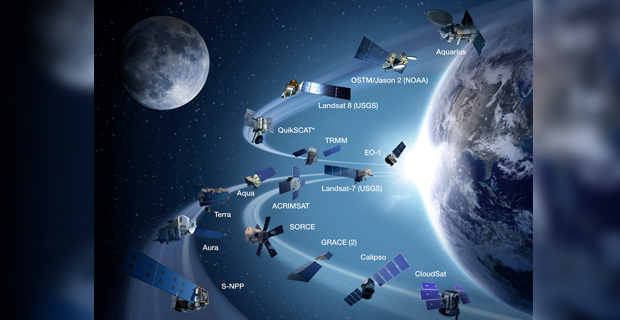Nasa chief Bill Nelson has highlighted the growing space race between the US and China, emphasizing the need to reach the moon first. While the original space race pitted Nasa against the Soviet Union, today Nasa is collaborating with private firms to achieve its goals. Companies like SpaceX and Blue Origin are receiving significant government
Nasa chief Bill Nelson has highlighted the growing space race between the US and China, emphasizing the need to reach the moon first. While the original space race pitted Nasa against the Soviet Union, today Nasa is collaborating with private firms to achieve its goals. Companies like SpaceX and Blue Origin are receiving significant government funding to aid in lunar missions and other space endeavors.

China’s advancements in space technology, including its space station and lunar exploration plans, are viewed with concern by Nasa. Nelson worries that China may stake territorial claims on the moon, similar to its actions in the South China Sea. These concerns are heightened by China’s absence from the US-led Artemis Accords.

The rivalry is driving substantial investment in the space sector. Nasa’s spending was valued at $71.2 billion to the US economy in the year ending September 2021, a 10.7% increase from the previous year. A quarter of this spending goes to small businesses, including start-ups, which can accelerate their growth with government contracts.
While lunar missions capture headlines, the space industry’s real growth lies in other areas, such as satellite technology and data utilization. The launch of thousands of satellites for purposes like internet connectivity has led to a surge in data applications across industries like agriculture, insurance, and maritime.

As space activities expand, firms are exploring opportunities beyond Earth. The space industry, including infrastructure and applications, is estimated to be worth over $1 trillion annually by 2040.




















Leave a Comment
Your email address will not be published. Required fields are marked with *